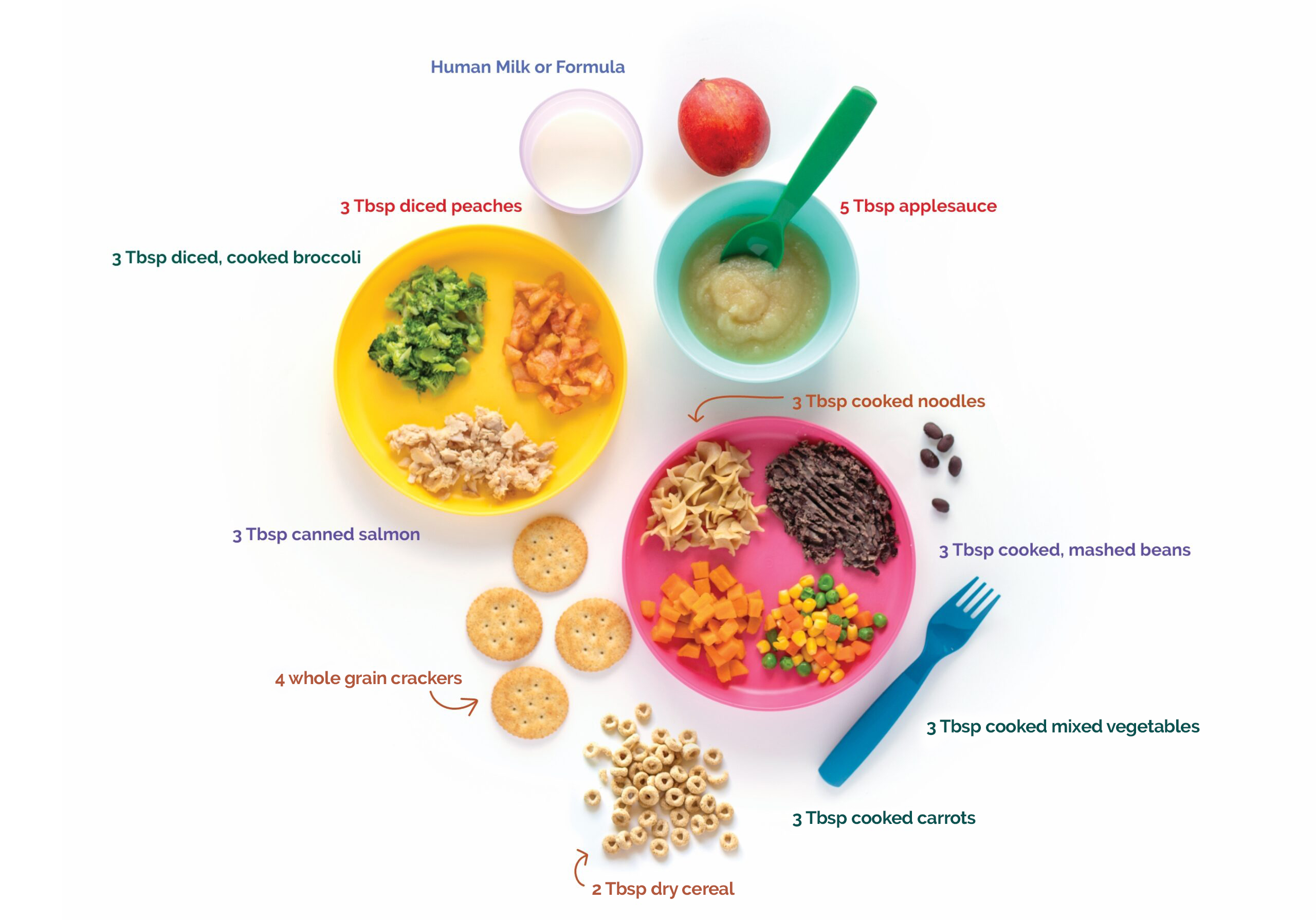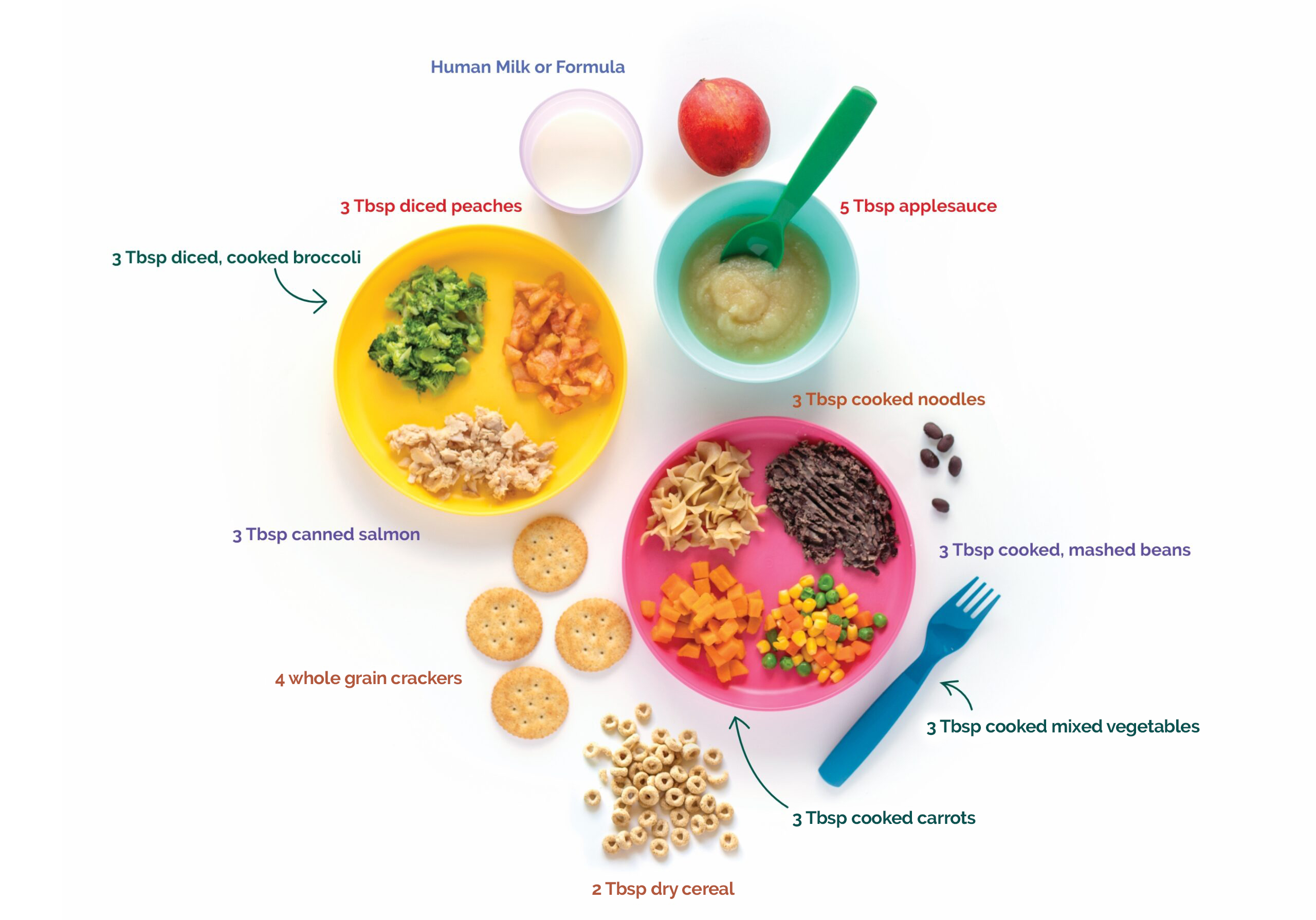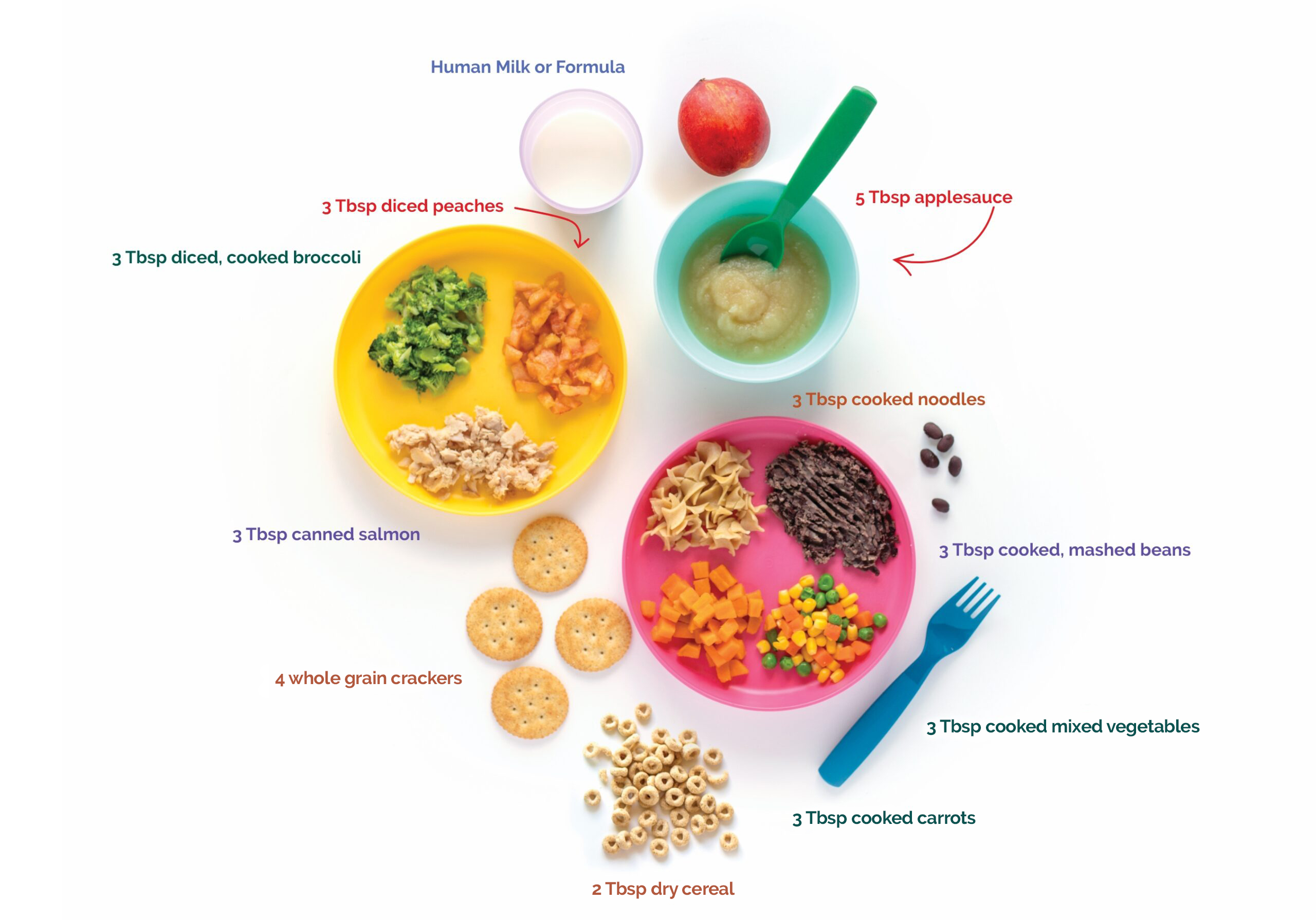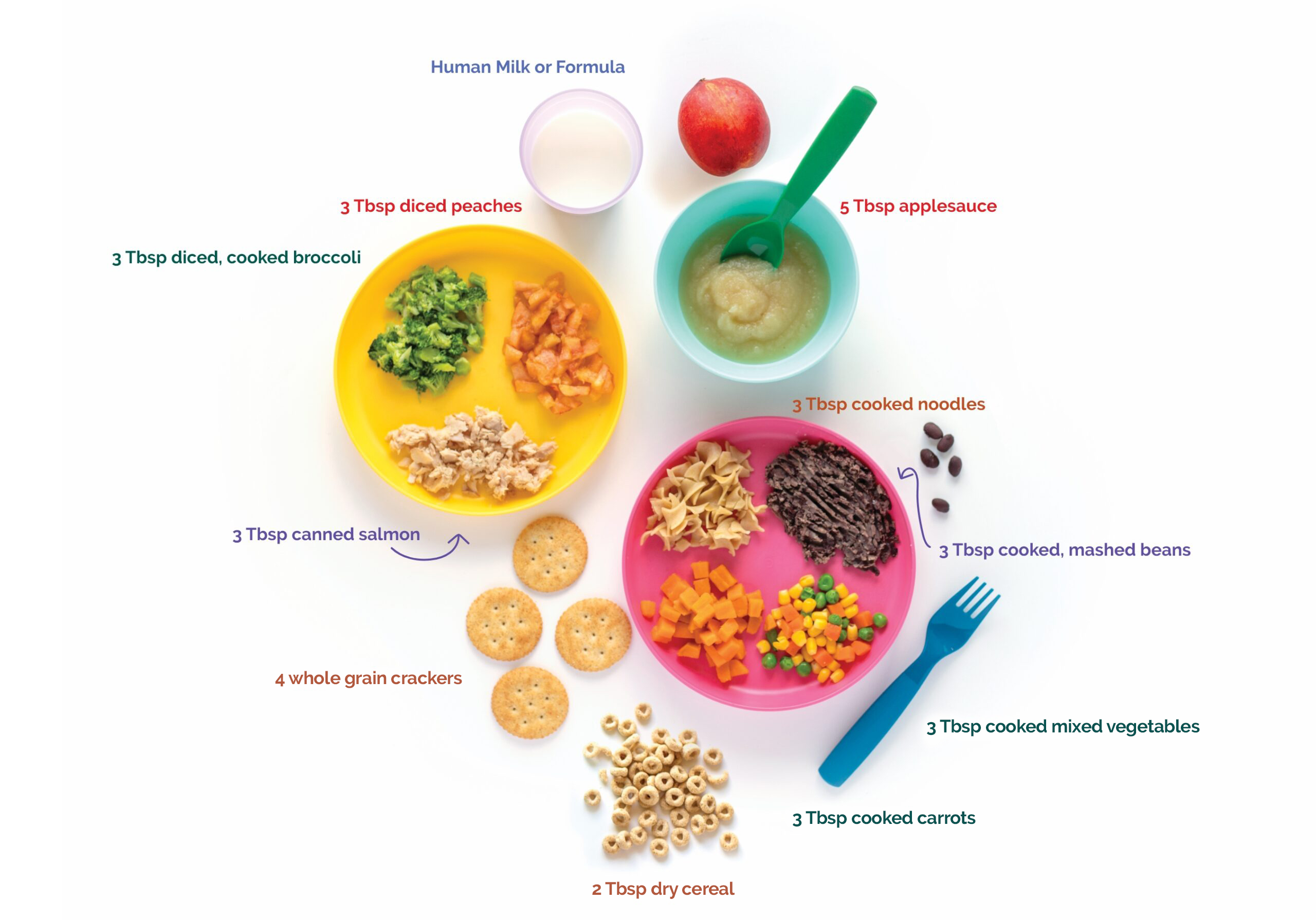León-Muñoz, L. M., García-Esquinas, E., Soler-Vila, H., Guallar-Castillón, P., Banegas, J. R., & Rodríguez-Artalejo, F. (2016). Unhealthy eating behaviors and weight gain: A prospective study in young and middle-age adults. Obesity (Silver Spring), 24(5), 1178–1184.
https://doi.org/10.1002/oby.21477
American College of Obstetricians and Gynecologists. (2021). ACOG Practice Bulletin No. 230: Obesity in pregnancy.
https://www.fasgo.org.ar/images/obesidad-en-el-embarazo.pdf
Teede, H. J., Bailey, C., Moran, L. J., Bahri Khomami, M., Enticott, J., Ranasinha, S., Rogozinska, E., Skouteris, H., Boyle, J. A., Thangaratinam, S., & Harrison, C. L. (2022). Association of antenatal diet and physical activity-based interventions with gestational weight gain and pregnancy outcomes: A systematic review and meta-analysis. JAMA Internal Medicine, 182(2), 106–114.
https://doi.org/10.1001/jamainternmed.2021.6373
Hirko, K. A., Comstock, S. S., Strakovsky, R. S., & Kerver, J. M. (2020). Diet during pregnancy and gestational weight gain in a Michigan pregnancy cohort. Current Developments in Nutrition, 4(8), nzaa121.
https://doi.org/10.1093/cdn/nzaa121
Herring, S. J., Nelson, D. B., Davey, A., Klotz, A. A., Dibble, L. V., Oken, E., & Foster, G. D. (2012). Determinants of excessive gestational weight gain in urban, low-income women. Women’s Health Issues, 22(5), e439–e446.
https://doi.org/10.1016/j.whi.2012.05.004
Catalano, P. M., Mele, L., Landon, M. B., Ramin, S. M., Reddy, U. M., Casey, B., Wapner, R. J., Varner, M. W., Rouse, D. J., Thorp, J. M., Saade, G., Sorokin, Y., Peaceman, A. M., Tolosa, J. E., & Eunice Kennedy Shriver National Institute of Child Health and Human Development Maternal-Fetal Medicine Units Network. (2014). Inadequate weight gain in overweight and obese pregnant women: What is the effect on fetal growth? American Journal of Obstetrics and Gynecology, 211(2), 137.e1-137.e7.
https://doi.org/10.1016/j.ajog.2014.02.004
Darling, A. M., Wang, D., Perumal, N., Liu, E., Wang, M., Ahmed, T., Christian, P., Dewey, K. G., Kac, G., Kennedy, S. H., Subramoney, V., Briggs, B., & Fawzi, W. W. (2023). Risk factors for inadequate and excessive gestational weight gain in 25 low- and middle-income countries: An individual-level participant meta-analysis. PLOS Medicine, 20(7), e1004236.
https://doi.org/10.1371/journal.pmed.1004236
Wei, X., Shen, S., Huang, P., Xiao, X., Lin, S., Zhang, L., Wang, C., Lu, M. S., Lu, J., Tam, W. H., Wang, C. C., He, J. R., & Qiu, X. (2022). Gestational weight gain rates in the first and second trimesters are associated with small for gestational age among underweight women: A prospective birth cohort study. BMC Pregnancy and Childbirth, 22(1), 106.
https://doi.org/10.1186/s12884-022-04433-4

























